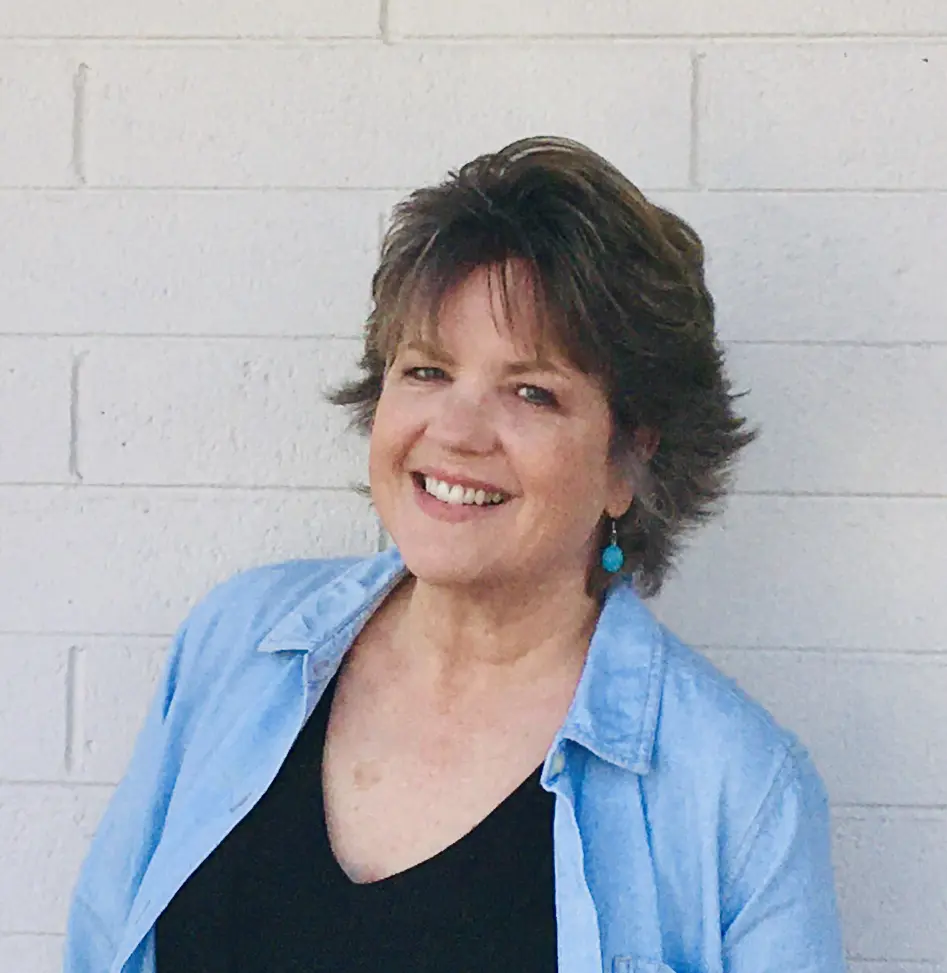
Why are the holidays so difficult for survivors of trauma? Because holidays bring up all of the helpless, paralyzing, vulnerable feelings of the family we have struggled with all our lives. Goaded by themes of gathering at Thanksgiving, heartbreak comes to the surface. Overwhelmed by the sugar plum fairy music blaring over the intercoms, we feel shouted at by the store displays and windows. And more than anything else—we feel left out.
For survivors, the only thing our family gatherings and celebrations ever brought was pain. The many vivid images of happy togetherness glistening around us are only stark reminders of all the things we do not have and all the pain we have endured.
I thought I would die from The Dread in the pit of my stomach as my husband and I and our two small children drove up the driveway to my parent’s home. I did not know it at the time, but it would be the last Christmas my parents and I would ever be in the same room together. I retreated to my usual place of dissociation and watched the goings on from a distance. True to form, my parents were angry at one another. My mother thought the tree wasn’t right. My father was sick of doing errands. Nobody even noticed it was a holiday. The same thing happened at Thanksgiving. I wondered why we even went through the motions at all. Fear, obligation, and guilt were why. It coerced me home holiday after an agonizing holiday.
At least we had the distraction of the kids opening a few presents. My mother broke through her depression for a few moments and handed each of my young sons a rectangle-shaped box wrapped in paper only—no ribbon. I knew the paper had probably been in her basement for at least a decade. It was saggy, damp, and slightly torn. Ribbons were too much trouble for my mother. The unsaid communication was always the same. “I hate the holidays almost as much as I hate you. Celebrate? What is there to celebrate? I can’t make the effort. Life is horrible.”
I looked at the sad little boxes. The same shape and weight of a school box commonly seen in the stores around September, I had to wonder what in the world was inside. I didn’t have long to wait. The kids eagerly tore the paper shaking the damp mess from their fingers. Opening the lid, they looked inside and then up at me in confusion. They had each received a box of rocks. Literally. My mother had purchased a box of labeled rock specimens for a four and five-year-old. I encouraged them to say thank you and hastily put the rocks away. Glumly, I thought of Charlie Brown in “It’s The Great Pumpkin Charlie Brown.” Poor old Charlie Brown. All he got in his Halloween treat bag was a rock—and all my mother could think of to buy for her grandsons was a whole box of them. It didn’t get any more pathetic.
For me, holidays were the worst kind of stress. Mixed messages were never louder. An obligation was never more suffocating and safety never felt more threatened. I spent the entire time reading the room, running interference, placating, and trying to please unappeasable people. Trying…trying…trying…until the holidays were finally over and I could collapse in a heap and begin to dread the next year’s go around. Celebrate? There was no celebrating. There was only surviving.
No wonder holidays were such a source of stress. And it is this way in some shape or form for every survivor I have ever met. It will continue to be this way until we intervene on our behalf of ourselves. In this series of blogs leading up to Christmas, I’d like to talk about the holidays and suggest ways this year can be different. For most of my life, all the celebration and joy that holidays represent was co-opted by trauma. But I’m not dead—yet, and neither are you. Like Ebenezer Scrooge in the Charles Dickens classic, perhaps we have awakened just in time. Time to say no to the abusive Ebenezer Scrooge’s of our past. Time to stop letting Ebenezer Scrooge dictate our present. We’re going to take back what was taken. I can hardly wait! Let’s take this journey together as we defy trauma and embrace joy!
Guest Post Disclaimer: Any and all information shared in this guest blog post is intended for educational and informational purposes only. Nothing in this blog post, nor any content on CPTSDfoundation.org, is a supplement for or supersedes the relationship and direction of your medical or mental health providers. Thoughts, ideas, or opinions expressed by the writer of this guest blog do not necessarily reflect those of CPTSD Foundation. For more information, see our Privacy Policy and Full Disclaimer.

Rebekah Brown, a native of the south, now resides in the Great American West. Surviving a complicated and abusive family system makes her unique writing style insightful as well as uplifting. Rebekah is the proud mother of two and grandmother of four.



